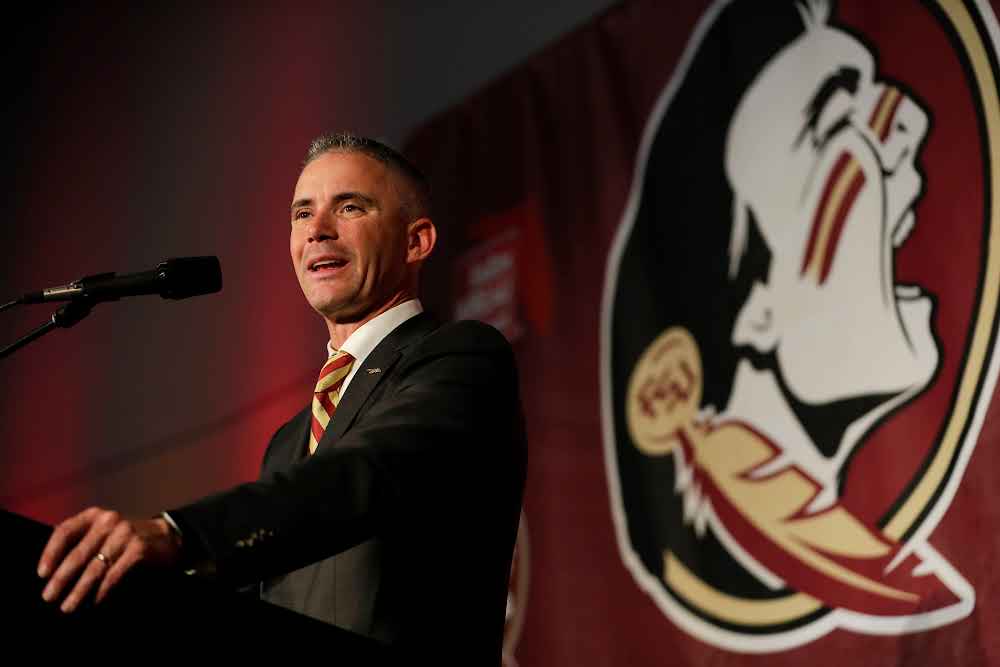Potential Upgrade: New Month Best Upgrade Florida State’s newcomers Two Five-star Player From…..
 Many Florida State football players consider Tour of Duty sessions to be the most demanding aspect of their summer training.
Many Florida State football players consider Tour of Duty sessions to be the most demanding aspect of their summer training.
Mike Norvell’s yearly winter conditioning program is designed to challenge his team’s physical and mental capacities in the weeks leading up to spring football.
On Thursday morning, the Florida State University Board of Trustees filed a brief opposing the Atlantic Coast Conference’s modified Motion to Seal in the county of Mecklenburg, North Carolina. The paperwork was submitted at 9:45 a.m. on February 1st.
In its Motion to Seal, the ACC requests that the court keep information concerning contracts the league entered into with ESPN for television rights on behalf of its members private. FSU reminds out that nine of the institutions under the deal are public universities. Additional information from the FSU file is provided below:
The ACC argues that their request is for “highly confidential information” that belongs to the ACC. However, as stated below, the provisions of the ESPN Agreements are first and foremost owned by the members, which include nine public universities. As a result, at least in the states of Florida and North Carolina (home to public ACC members the University of North Carolina and North Carolina State University), the public has a legal right to know their terms.
The FSU legal argument goes on to say that the majority of the information the ACC is attempting to file under seal is not even’specific terms in the ESPN agreements’, but rather ‘generic descriptions and characterizations’ of those agreements – much of which has been reported on for years. They note that the ACC’s move to seal may have been driven by a desire to avoid publicly highlighting the media rights deal’s poor financial contrast to the SEC or Big Ten. They go on to say that “information cannot be sealed simply because it may be embarrassing.”



